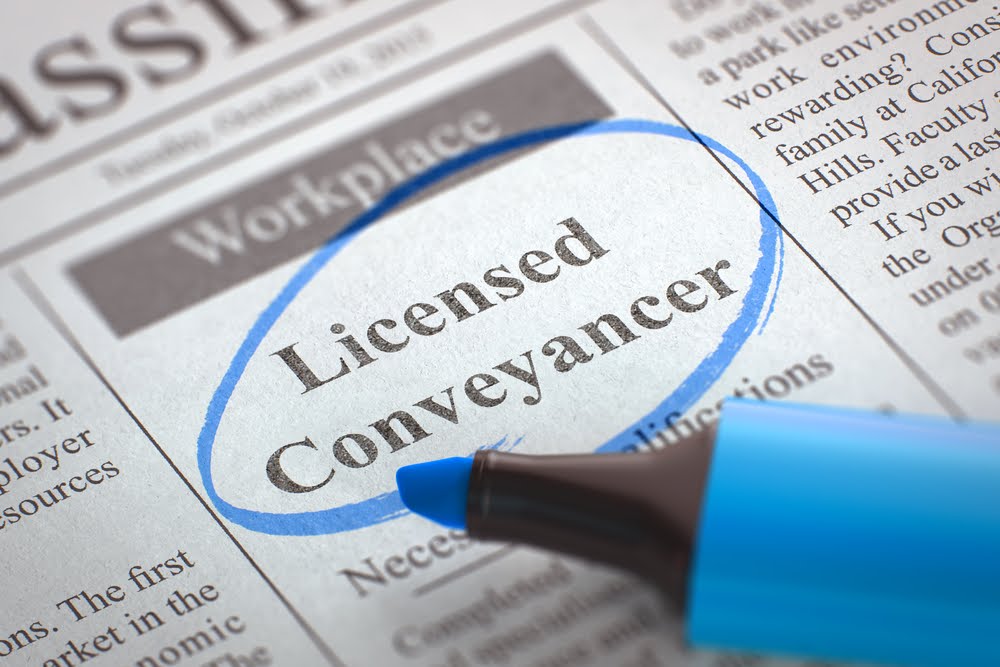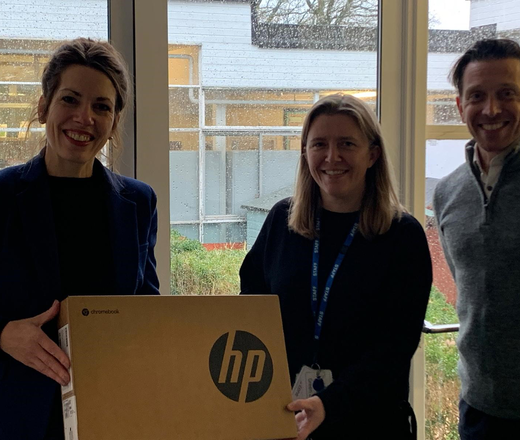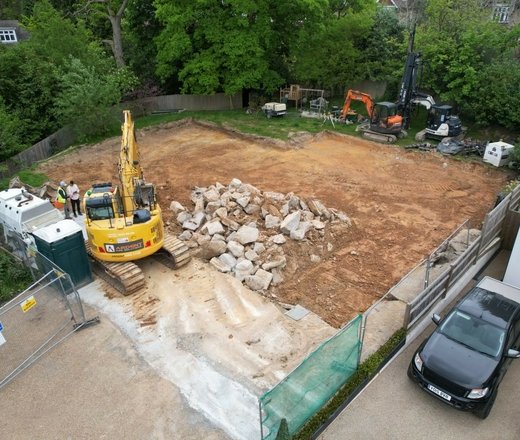Conveyancers are an important part of the homebuying process. A good conveyancing solicitor can help things run smoothly, but this largely depends on who you choose to work with and what service you get from them. And the only way to find that out is by asking the right questions before you instruct them.

1. How much will my conveyancing costs be?
Yes it’s a pretty obvious one but you’d be surprised how many people fail to ask this at the start of the conveyancing process. It’s important to get quotes from a few different conveyancers to ensure you’re getting the right deal for you.
Most conveyancing quotes will include third party costs (or disbursements) such as the cost of local authority searches and Stamp Duty. If a quote seems surprisingly low, it could be that third party costs aren’t included in the conveyancing fees. Ask for an itemised quote so you can see what the conveyancer’s time actually costs.
2. Who will handle my case?
The most experienced solicitor in the firm may give you the quote, but often you’ll find it’s the junior team member who actually works on your case. That’s not necessarily a bad thing. For straightforward sales the conveyancing process should be pretty standard and nothing a newly qualified solicitor couldn’t handle.
However, it’s important to know who is working on your case so that you can build a relationship with them and, in the event you run into issues and need to speak to someone for clarification or a concern. If your case is a little more complex (for example, buying a leasehold property where you will want to discuss restrictions and costs associated with being a leaseholder), you may prefer a more experienced solicitor. Ask for the name of the person that you will be speaking to in that instance.
3. How often will I hear from you?
Trust us, there is nothing worse than radio silence when you’re in the house buying process. You’re on tenterhooks, desperate for everything to go ahead as planned and your solicitor has suddenly gone to ground. No updates, no calls. Frustrating is an understatement. At the same time, you don’t want to be calling everyday when they are trying to progress your case. You can avoid this frustration by having a frank discussion with your conveyancer at the start of the process about what level of communication is reasonable and when you can expect to hear from them. (Of course we believe that the agent should play a vital role in keeping everyone updated …).
4. Which bodies are you a member of?
Conveyancing solicitors should be members of professional bodies such as the Law Society and the Council of Licensed Conveyancers. Check which professional body they’re a member of before appointing them.
5. Have you dealt with many cases like mine?
Not all home sales are the same. Yes, there’s the run of the mill, three bedroom 1930s semi but there’s also a host of factors that can make things a little more complicated. And if your conveyancer isn’t accustomed to cases like yours, it could hold the whole process up and mean you aren’t getting the level of service you need. If you’re buying a leasehold or buying a new build home, for example, you’ll be much better off opting for a solicitor who has dealt with similar properties before.
6. What costs will I have to pay if the sale falls through?
It’s important to ask your conveyancing solicitor how much you’d need to pay if the sale falls through. It is possible to find firms that offer ‘no move, no fee’, but you should double check what that means in reality. For example, does it mean that you still need to pay third party costs? Do you need to pay for an insurance policy to be eligible for this, and if so how much will the premiums be?
It’s common for disbursements (the cost of searches and out-of-pocket expenses incurred by the firm) to be excluded from most ‘no sale no fee’ quotes. However, if you’re unsure whether to progress with a purchase – for example if you are still finalising your financing, or waiting for survey results – you can always instruct the lawyers but ask them not to incur any expenses yet, and to hold off on any searches. That way, if the purchase doesn’t progress, you shouldn’t be out of pocket – at least with regards to the law firm.
7. Are you approved by my mortgage lender?
Many mortgage lenders will only work with conveyancing solicitors that are on their approved panel, but most conveyancing referral services will ask this upfront so you don’t end up with a conveyancing solicitor that your lender rejects. You can still choose to work with a firm that isn’t approved, but you’ll need to pay extra and the costs can pile up.
8. Where can I check feedback?
There is no better way to check a firm’s performance than by reading reviews. If your chosen firm is proud of its track record it’ll have no problem directing you to where you can find feedback from past clients.
9. When do I need to pay conveyancing fees?
It’s important to check when you’ll be expected to pay the conveyancing bill. It could be that you need to pay when you exchange, or when you complete. You may be asked to pay a deposit at the start, and you may need to settle the bill for disbursements as they come up. In short, this varies by firm so make sure you find out when payment is due.
10. What’s your procedure for disputes?
It’s always a good idea to prepare for the worst case scenario, so asking how the firm deals with disputes is very important. Aside from giving you a feel for their level of customer service, it’ll arm you with invaluable knowledge if you do need to raise an issue. If a firm doesn’t have a solid procedure, or if the conveyancing solicitor is unsure of what to do in this situation, it should raise a red flag.
Market your property with Maddisons Residential
For many, the first point in their house moving journey, is to understand the value of their current home. Whether you want a quick, instant, online indication, or a more robust property specific and individual valuation, we would be delighted to help.





